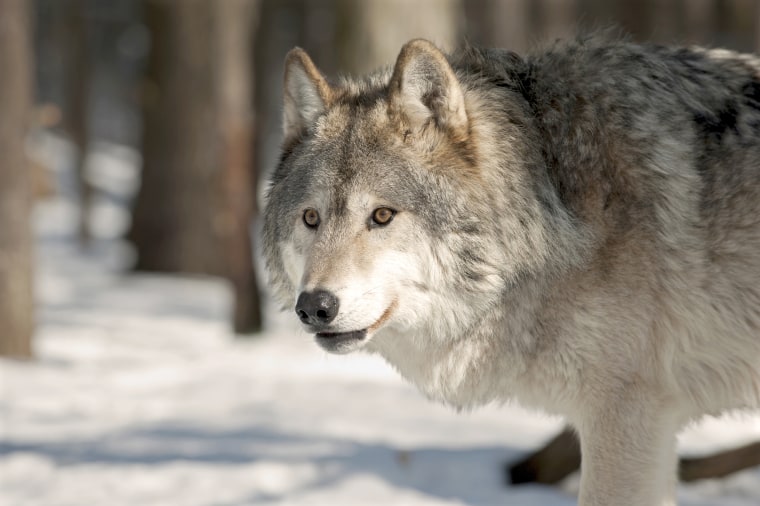Classes started up for me just recently so I've been swamped, but I absolutely encourage other folks with knowledge to contribute to the thread. I'd love for this to become a conversation.
I'll get back here when I can, but a side note: the correct plural for octopus is octopuses or octopodes. The root of the word is Greek, not Latin, so while octopi is a common usage it's technically incorrect.










Gender:
Points: 965
Reviews: 27